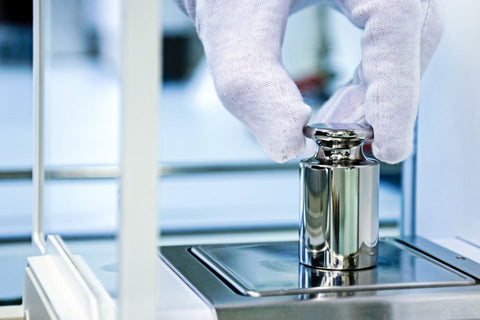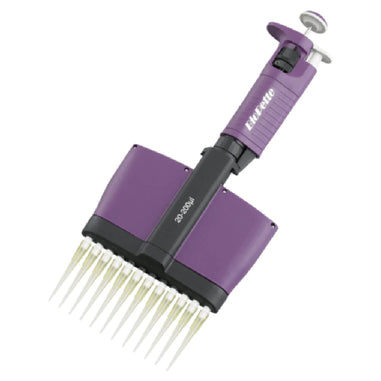- No products in the cart.
Accurate and precise measurements are essential in various industries, including manufacturing, laboratories, and research. Weight calibration plays a crucial role in ensuring the reliability and traceability of measurement instruments such as scales, balances, and weighing systems. In this blog post, we will delve into the significance of weight calibration, its underlying principles, and its impact on achieving precise measurements.
-
The Importance of Calibration
Calibration is the process of comparing the measurement results of an instrument to a known reference standard to determine its accuracy. Weight calibration is particularly critical for measurement instruments that rely on the force exerted by masses to determine weight. Calibration helps to identify and correct any deviations or inaccuracies, ensuring that measurements are reliable, consistent, and traceable to recognized standards.
-
Traceability and Standards
Traceability is a fundamental aspect of weight calibration. It refers to the ability to relate measurement results to a known reference standard through an unbroken chain of comparisons. Calibration laboratories use certified reference standards, such as weights calibrated by national metrology institutes, to establish traceability.
Standards, such as those maintained by organizations like the International Organization of Legal Metrology (OIML), provide guidelines for weight calibration procedures, tolerances, and traceability requirements. Adhering to these standards ensures that measurements are comparable across different instruments and laboratories.

-
Calibration Procedures
Weight calibration involves a series of standardized procedures to verify the accuracy of weighing instruments. This typically includes comparing the instrument's readings to known reference weights across a range of values. Calibration procedures take into account factors like temperature, humidity, and the sensitivity of the instrument.
Calibration may be performed using direct or indirect methods. Direct calibration involves placing reference weights directly on the instrument's weighing pan. Indirect calibration may involve placing weights on a separate calibration platform, comparing the instrument's readings to the known reference values.
-
Calibration Intervals
Calibration intervals determine how often instruments should be calibrated to maintain accuracy. The frequency of calibration depends on several factors, including instrument stability, usage patterns, and industry-specific regulations or guidelines. High-precision instruments may require more frequent calibration to ensure accuracy.
Calibration intervals should be established based on a risk assessment that considers the impact of inaccurate measurements on quality, safety, and compliance. Regular calibration ensures that instruments remain within acceptable tolerances and helps identify any drift or deviations that may occur over time.
-
Benefits of Weight Calibration
Accurate weight calibration offers several benefits for organizations and industries relying on precise measurements. These include:
-
Enhanced Product Quality: Calibration ensures accurate and consistent measurements, contributing to better product quality control and adherence to specifications.
-
Compliance with Standards and Regulations: Calibration helps organizations comply with industry regulations and quality management systems that require traceable measurements.
-
Cost Savings: Accurate calibration reduces the likelihood of errors, minimizing rework, product waste, and potential financial losses.
-
Customer Confidence: Calibration provides assurance to customers that measurements are reliable and trustworthy, enhancing their confidence in products and services.
Conclusion
Weight calibration is vital for achieving accurate and precise measurements. By establishing traceability, adhering to standards, and following calibration procedures, organizations can ensure the reliability of measurement instruments. Regular calibration helps identify and correct any deviations, maintaining accuracy and compliance with industry regulations. The benefits of weight calibration extend to improved product quality, cost savings, and increased customer confidence. Emphasizing the importance of weight calibration is crucial for industries that rely on precise measurements to achieve their objectives and deliver high-quality products and services.
For over 40 years, Lab Pro Inc. has been committed to delivering the highest quality lab equipment, scale and pipette calibration services, chemicals, lab balances and scales, lab supplies, and cleanroom PPE apparel to medical device companies and laboratories worldwide. To learn more contact us online or at 888-452-2776.












































